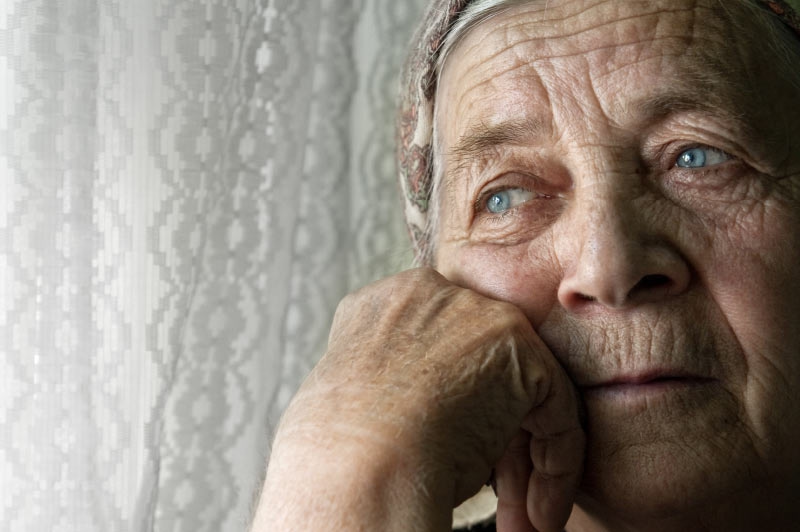Are you at risk for Elder Abuse?
Elder abusers can come in many forms – they could be people of any gender, age or race, and they may or may not be related to the victim. Abuse may even come from caregivers or peers. Unfortunately, because of varying circumstances, some seniors may be more at risk for abuse than others.

What are the key causes of Elder Abuse?
Psychological, economic, and social factors, combined with physical conditions of both the victim and the abuser, are some of the key causes of elder abuse. Below are some of the signs and circumstances common to endangered elders.

Dementia, Declining Health, and Cognitive Impairment
An elder who has dementia or another cognitive impairment may be at a greater risk for abuse or neglect. Because abuse is about power, people with dementia or other impairments may experience barriers or challenges accessing support. Additionally, caregivers may face more challenges leading to a heightened sense of burden.
Domestic Violence Later in Life
Domestic violence occurs when a spouse, former spouse, partner, family member or even caregiver uses power to inflict harm of any kind, whether it be violence, isolation, manipulation or other tactic. Often times, the aggressor has been using abusive tactics over a long period of time, leaving an elder at a greater risk for continued, and worsening, abuse. This can lead to physical abuse and emotional abuse, but also to other types of abuse.
Personal Problems of Abusers
Abusers who suffer from mental illness, addiction, or other personal problems may pose a greater risk for elder abuse. Abusers with these conditions often live with a parent, grandparent, or other supporting adult, which leads to additional risks and can exacerbate abuse.
Living with Others or Social Isolation
Although they are contradictory factors, both elders who live with others and elders who are socially isolated can be at greater risks for abuse. Living with others may allow for more opportunities for abuse. Alternatively, being forced into isolation from the public can leave the elder more vulnerable as the abuser may realize symptoms of abuse could go unnoticed or at the least, be hidden.
If you or someone you know may be at risk for elder abuse, don’t wait to act. Take action.
Learn more about the types of abuse, find local resources, and report potential abuse to the Elder Abuse Hotline by submitting a form or calling 1-833-586-0107 toll free.
Click here to leave this site, or press ESC on your keyboard.
